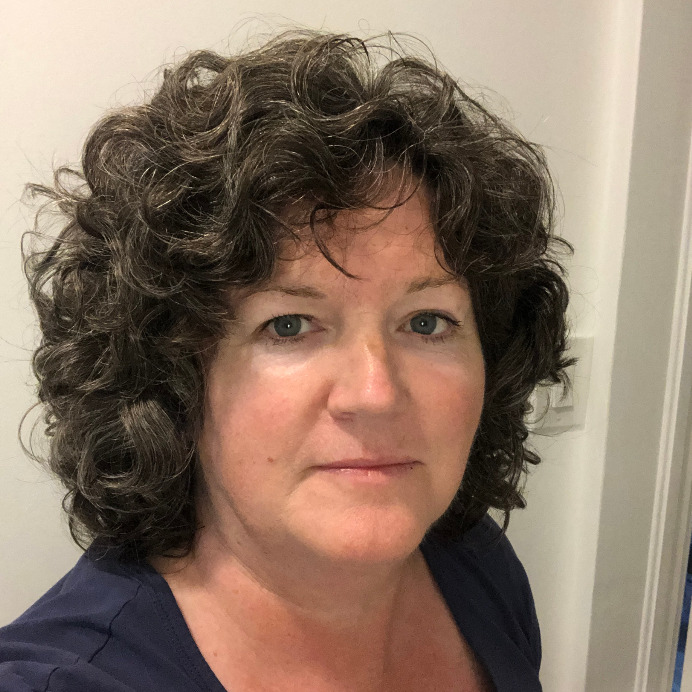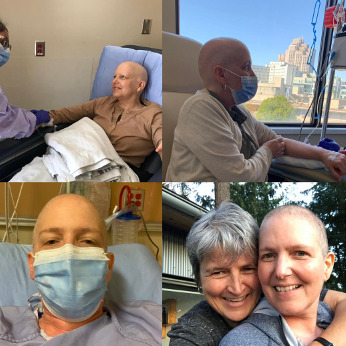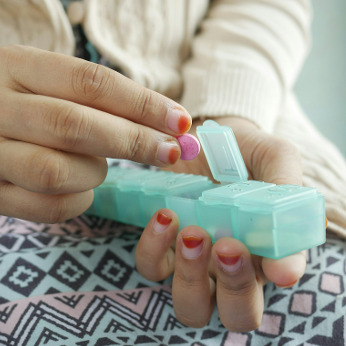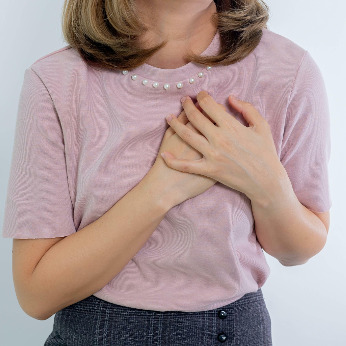By continuing to use our site, you consent to the processing of cookies, user data (location information, type and version of the OS, the type and version of the browser, the type of device and the resolution of its screen, the source of where the user came from, from which site or for what advertisement, language OS and Browser, which pages are opened and to which buttons the user presses, ip-address) for the purpose of site functioning, retargeting and statistical surveys and reviews. If you do not want your data to be processed, please leave the site.
The Voice of People With Breast Cancer
Education
Our Voices Blog
Why Stopping Cancer Treatment Can Be About Living, Not Dying
Firstly, I want to say that I am not sharing my story to encourage anyone to quit treatment. Please don’t! This is risky. I’m really rolling the dice here. I am choosing my quality of life over longevity. That’s not for everyone. I had been unable to tolerate any of the aromatase inhibitors (AI; a type of hormonal therapy used to lower estrogen levels to slow or stop cancer growth), so I felt I had little choice but to pursue other options.
Can You Do the Tamoxifen Time?
I’m a Tamoxifen fail. I quit taking the drug just shy of my five-year prescription’s halfway mark. The estrogen-blocking pill fried my short-term memory within the first 14 days and then, tormented me daily with its version of Jay-Z’s “99 Problems.” And lucky me. I experienced every single one of them.
Tears and Laughter – My MBC Story part 2
I don’t need to tell you what was happening between 2019 and 2023. By May of 2022, I’d received four COVID-19 vaccinations and felt confident to attend a musical production with my niece. We were front row centre and seemed to be the only patrons with masks, soon discarded I must confess. When I found myself coughing a few days later I assumed it was COVID that I’d picked up in the theatre and left it to my presumed immunity to deal with.
Making Powerful Healthcare Decisions - Claim Your Voice
Having a solid strategy for gathering trusted and dependable information is critical for making informed treatment decisions when it comes to your health. It is also important to be able to communicate assertively with healthcare practitioners as an equal partner in shared decision-making.
My Genomics Journey as a Breast Cancer Patient
Today, I want to dive into the role genomics has played in my journey. As an MD specialized in genomics, this journey has been an eye-opener regarding the clinical implementation of genomics and the accessibility of genomic profiling for real patients in British Columbia, Canada, and beyond. There have been good surprises and also situations where I've directly faced barriers and limitations surrounding the clinical use and implementation of genomics.
How and When to Drop the Big-C News
I don’t know what it was like for you but for me, saying “I have breast cancer” out loud felt fake, like I was lying. Every time the words came out of my mouth I wanted to hide. Rationally, I knew my diagnosis was real, but the horrible emotions that preceded and followed each proclamation filled me with shame. And the voice inside my head was relentless. It just kept goading me on.
From Past to Present: Honoring Clinical Trials Day and Advancing Breast Cancer Care
Since 2014, May 20th has been promoted as Clinical Trials Day by the Association of Clinical Research Professionals. It is a moment to recognize the pivotal role clinical trials play in advancing research and treatment for many diseases, including breast cancer. This day was chosen to honour Scottish surgeon James Lind, who, in May 1747, conducted what is generally acknowledged as the first clinical trial.
Tears and Laughter – My MBC Story, Part 1
I was unprepared for the results received on a brilliant April afternoon. Looking back, I may have wondered at being the last patient in the waiting room, or the offer of a cup of tea as I was shown a seat. The lump was an invasive ductal carcinoma – I had breast cancer.
Navigating persistent pain after breast cancer surgery: Challenges and solutions
Advances in the screening and management of breast cancer have resulted in substantial improvements for those diagnosed with the disease. Patients are living much longer after a breast cancer diagnosis, which is a major accomplishment of modern medicine. However, since patients are living longer, the complications associated with treatment (such as surgery, radiation, and chemotherapy) are becoming increasingly apparent. One such complication is the development of persistent pain in the area of breast cancer resection.
The Must-Know Info About Early-Stage Breast Cancer
As I tried to process my diagnosis and what it meant for me, along with the future I’d envisioned for myself, I went into research mode. It’s my comfort zone. I’m curious by nature and profession (being a writer and all), and having information, knowing everything that I need to know, makes me feel in control. So, I dug deep, Googled like a crazed person, and asked my doctors hundreds of questions while I tried as best as I could to prepare myself for the unknown that was to come. Here’s what I learned about being diagnosed with early-stage breast cancer.












